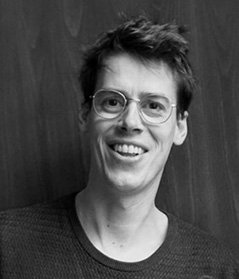
Activiteit
SG - Islands (a rising key-concept)
At first sight, the concept of ‘the island’ may seem simple. However, islands are highly dynamic entities, and their boundaries shift.
As nodes in the global exchange of people, goods, species and ideas, islands have played a fundamental role in shaping the unfolding of world history. Despite their small total land surface, they contribute disproportionally to global biological and cultural diversity. On islands, the intricate interconnections between people and nature become clearly visible. Islands can provide a window into the historical roots of current global challenges like the biodiversity crisis and climate changes. Can they also provide perspectives on a sustainable future?
About series Islands, Race, Genocide
3 key-concepts
In this series we take a thorough look at three key-concepts from three different scientific schools, fields or disciplines. A key-concept lies at the core of such a scientific habitat. How do you sharply define such a concept? How strong is the concept? Did it change in time? And also, how to delimit it from the connotations and associations in daily life and other societal practices? The series is about a new, rising key-concept: Islands; about an evanescing concept in Biology: Race; and about an urgent concept: Genocide.
About Sietze Norder

Dr. Sietze Norder (1987) is assistant professor at Utrecht University. His research focuses on biocultural diversity and human-nature relationships. He obtained his PhD degree from the University of Lisbon (with distinction and honour) on a thesis entitled “Island Biogeography in the Anthropocene and Quaternary”. He is the author of a popular-science book about human-nature relationships on islands (‘De wereld in het klein’ published in Dutch and Italian) and a children’s book about a spider on an island (‘Vuureiland’).